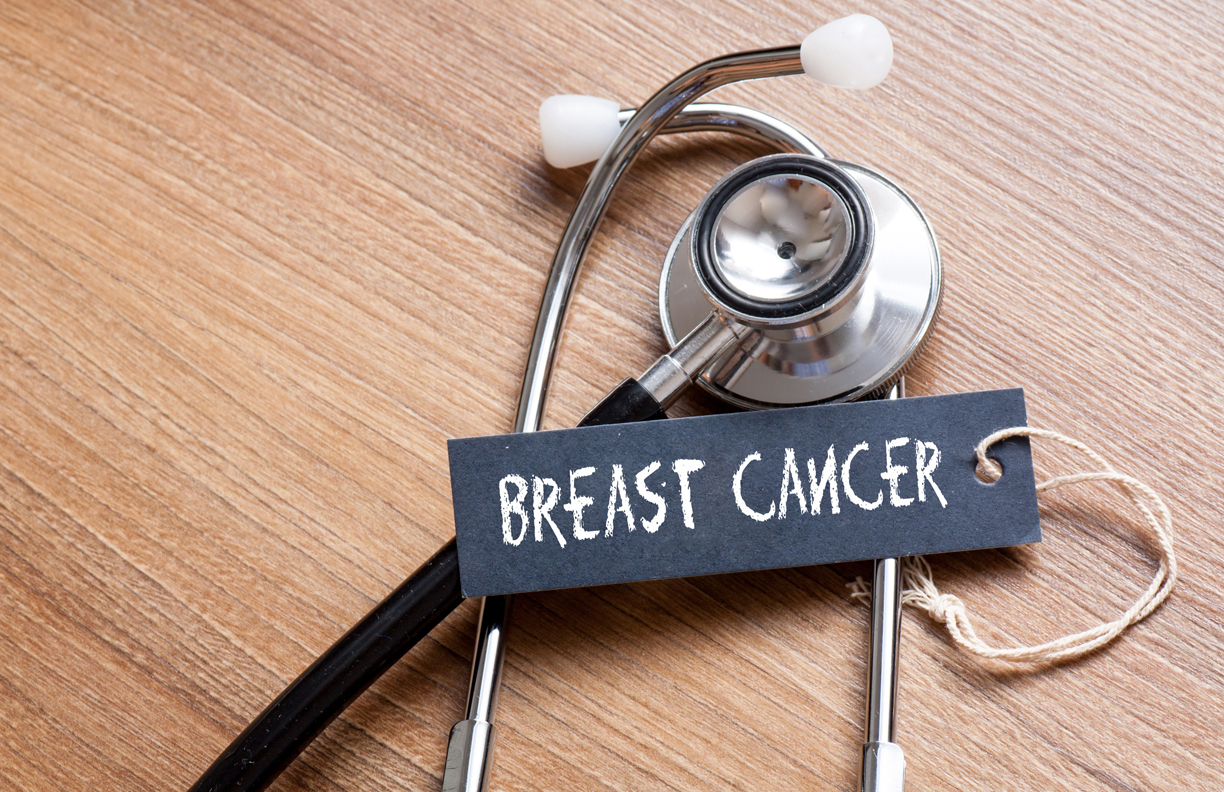
Dr Amaravani Medithe, specialist surgeon at Burjeel Hospital, answers some of the most pertinent questions on breast cancer, towards removing misconceptions and enhancing awareness.
How critical is the scenario of breast cancer in Oman?
Breast cancer accounts for as much as 32% of all female cancers in Oman. Significantly enough, the average age of those having breast cancer (in advanced stages) is less than 50.
What are the reasons for advanced stage presentation of breast cancer in Oman?
Lack of proper knowledge and awareness of symptoms of breast cancer, socio-economic as well as educational status and the prevailing social stigma attached to the disease, and above all a reluctance to consult doctors count among the reasons for late presentation.
What are the causes of breast cancer?
Family history of breast cancer, early menarche, late menopause, radiation exposure to the chest before 30 years of age, nulliparity and non-breast feeding are some of the risk factors.
What are the symptoms of breast cancer?
Change in size, shape, colour of breast or nipple, any rapidly increasing lump in the breast, recent nipple retraction and bloody nipple discharge are few symptoms of breast cancer.
Are Omani women sufficiently aware of breast cancer?
Studies show that only 1% of Omani women have excellent knowledge, while 21% have good knowledge about breast cancer. The awareness is primarily due to educational status and a family history of breast cancer.
How is breast cancer screened?
Screening involves clinical examination by a surgeon, mammography, and self-examination of breast.
How does screening help in treatment?
Screening is important in that it helps in early detection of breast cancer, which in turn increases treatment options, leading eventually to enhanced quality of life.
What are the treatment options available?
Once diagnosed, we decide on the most appropriate treatment system. This can be local treatments (where the tumour is treated without affecting the rest of the body using surgery or radiation therapy), or systemic treatments (which include chemotherapy, hormone therapy or targeted therapy). Most women with breast cancer will have some type of surgery to remove the tumour. However, surgery is less likely to be a main part of the treatment for more advanced breast cancers. Specific treatment plans are decided based on the type of breast cancer, its stage, and any special situations.
What is your message to the Sultanate’s women regarding breast cancer?
Being a woman is in itself a risk factor for developing breast cancer. Living with a constant fear for breast cancer is never an option. This is where awareness about breast cancer can help. Women should practice breast self-examination once a month, and get a baseline mammogram done at the appropriate age. Never shy away from seeking medical help as soon as any symptoms appear. —[email protected]